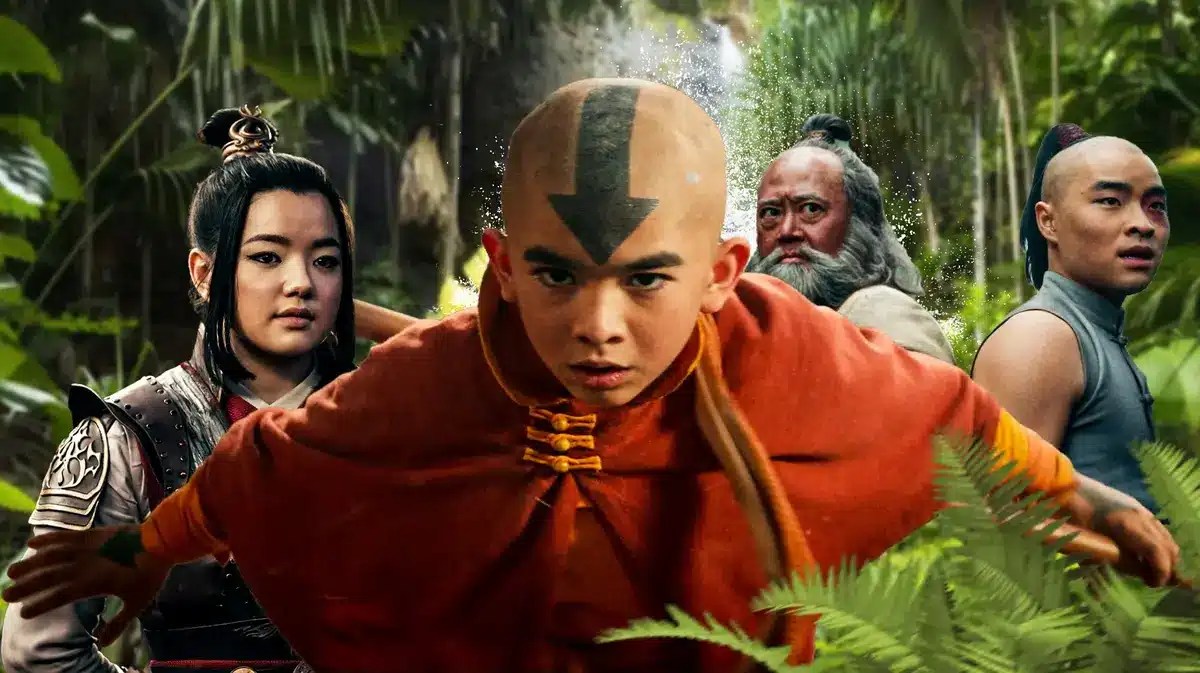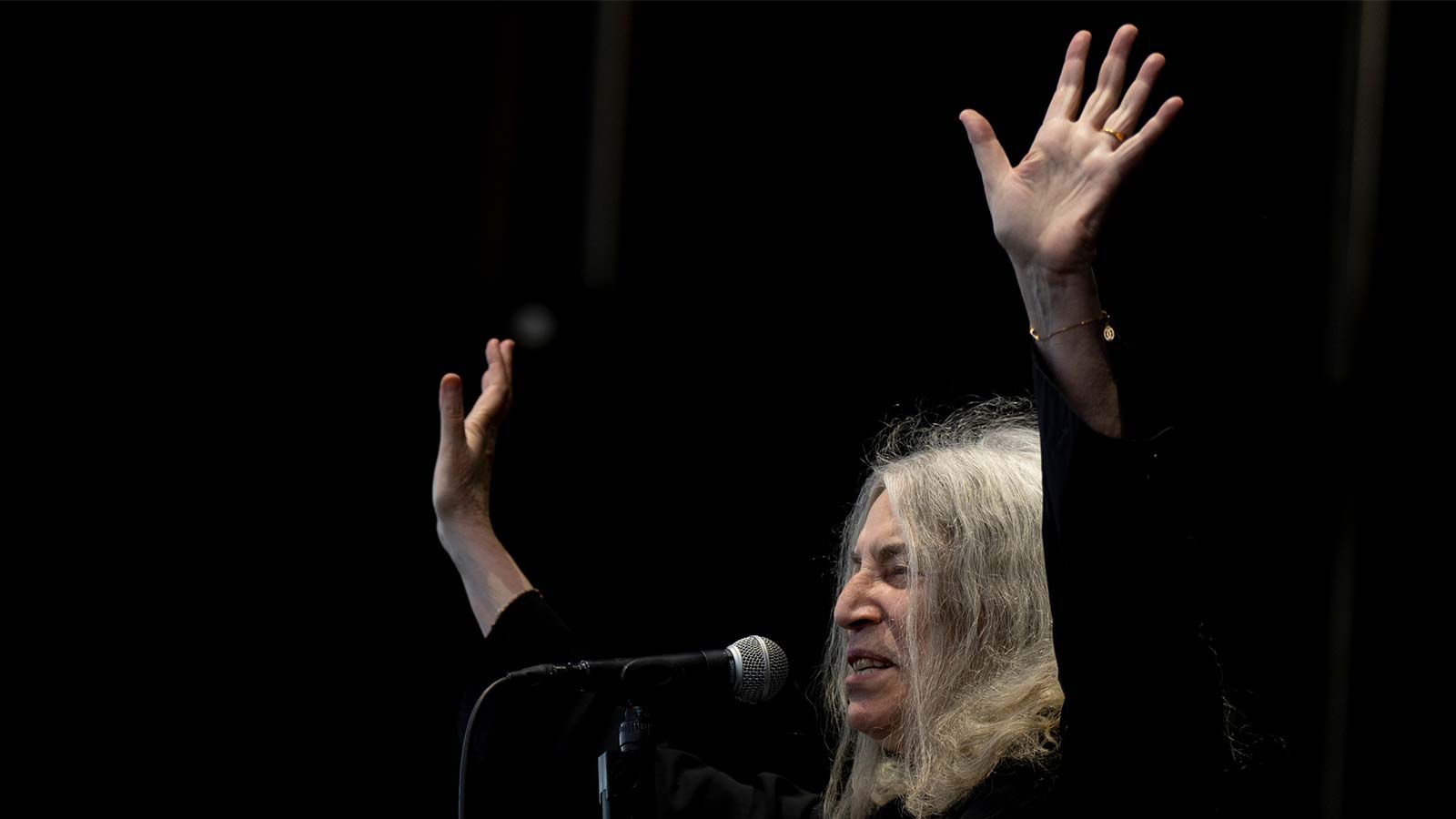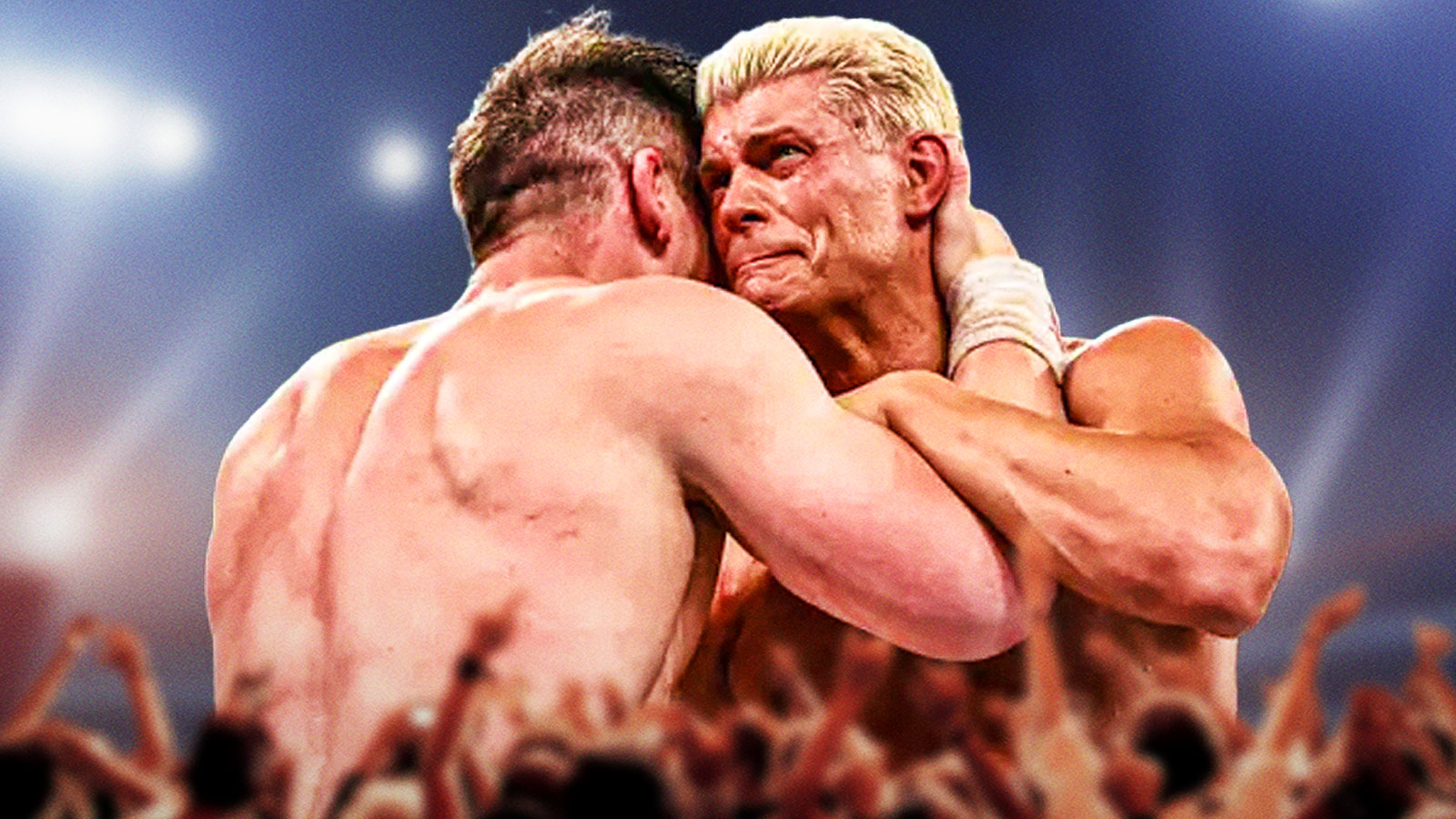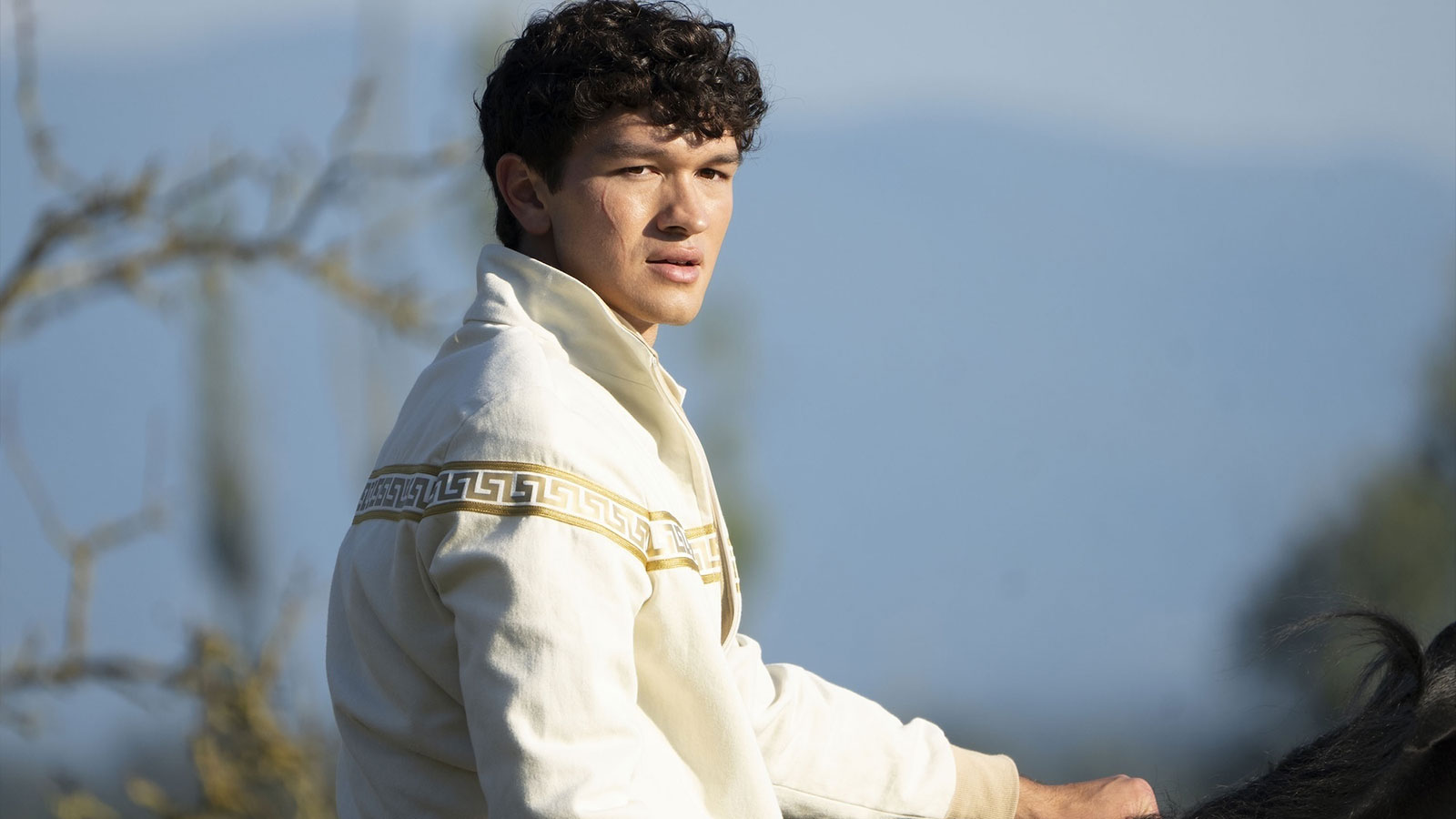The highly anticipated live-action adaptation of Avatar: The Last Airbender has finally hit our screens, stirring up a whirlwind of emotions among fans of the beloved animated series. With Netflix at the helm, expectations were high, especially after the infamous misstep of M. Night Shyamalan's film adaptation. Now, with a new creative team led by showrunner Albert Kim, viewers are eager to see if this rendition can capture the magic of the original.
A Glimpse into the World of Avatar
Right from the start, the series immerses us in the fantastical world of elemental bending and political intrigue. The prologue masterfully sets the stage for the epic tale of Aang, the last Airbender, and his quest to restore balance to a world torn apart by war. Through stunning CGI and special effects, we're introduced to the rich lore of the four nations and the daunting challenge that lies ahead for our young protagonist.
Hits and Misses in Casting and Performance
One of the most crucial aspects of any adaptation is its casting, and Avatar‘s live-action series certainly doesn't disappoint in this regard. From Gordon Cormier's portrayal of the spirited Aang to the captivating presence of Elizabeth Yu as Princess Azula, the cast brings a diverse array of talents to the screen.
However, not all performances hit the mark. While some actors excel in their roles, others struggle to convey the depth and emotion necessary for such a weighty narrative. This discrepancy in performance quality may leave some viewers feeling disconnected from certain characters and plotlines.
Navigating the Adaptation Process
Adapting a beloved animated series into a live-action format is no easy feat, and Avatar‘s transition is not without its challenges. The series condenses twenty episodes of material into just eight hours, resulting in some rushed narrative beats and missed opportunities for character development. Fans of the original may find themselves longing for the intricacies and nuances that made the animated series so special.
Despite these shortcomings, the series still manages to capture some of the magic that made its predecessor a fan favorite. Standout moments, such as the breathtaking waterbending displays and the dynamic interplay between characters like Zuko and Uncle Iroh, serve as reminders of the series' potential.
A Mixed Bag of Emotions
Ultimately, Avatar: The Last Airbender‘s live-action adaptation is a mixed bag of emotions. While it succeeds in bringing the world of bending to life in stunning detail, it falls short in capturing the essence of the original series. The departure of co-creators Michael Dante DiMartino and Bryan Konietzko is keenly felt, leaving behind a void that even the most talented of showrunners struggle to fill.
For die-hard fans of the franchise, there are moments of nostalgia and excitement to be found in this new adaptation. However, for those expecting a faithful recreation of the beloved animated series, there may be some disappointment in store.
Critiquing the Creative Choices
Beyond the realm of casting and performance lies a deeper layer of critique regarding the creative decisions made in the adaptation process. While the series attempts to condense the narrative to fit within the constraints of its eight-episode format, this compression often results in narrative shortcuts and missed opportunities for character exploration. Significant storylines, such as Jet's arc and the revelation of Omashu's unique history, feel rushed and lack the emotional resonance that characterized their counterparts in the animated series.
Additionally, the tonal balance of the live-action adaptation occasionally veers off course, with moments of cheesy dialogue and melodramatic acting detracting from the overall immersion of the story. Avatar: The Last Airbender is a tale rooted in themes of war, genocide, and political intrigue, and it requires a delicate touch to navigate these weighty subjects with the necessary gravitas. Unfortunately, the series occasionally falls short in maintaining this tonal consistency, resulting in moments that feel out of place or tonally jarring.
Praising Standout Performances
Amidst the critiques, there are still moments of brilliance to be found within the series, largely thanks to the standout performances of certain cast members. Elizabeth Yu's portrayal of Princess Azula is a highlight, capturing the character's cunning and volatility with precision. Similarly, Paul Sun-Hyung Lee's portrayal of Uncle Iroh provides a grounding presence amidst the more melodramatic moments, serving as a reminder of the series' emotional depth and complexity.
Conclusion
In the end, Avatar: The Last Airbender‘s live-action series is a testament to the enduring legacy of the original. While it may not reach the lofty heights of its predecessor, it still offers a tantalizing glimpse into the world of bending and the epic journey of Aang and his friends. Whether it's enough to satisfy fans remains to be seen, but one thing is certain: the spirit of Avatar lives on, in all its flawed and fantastical glory.


















